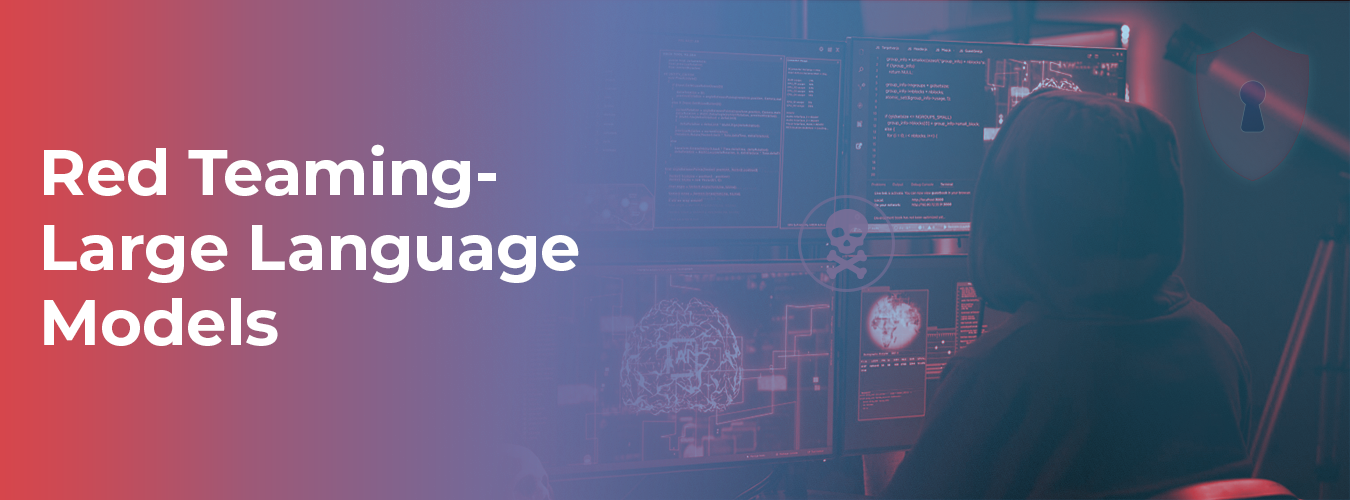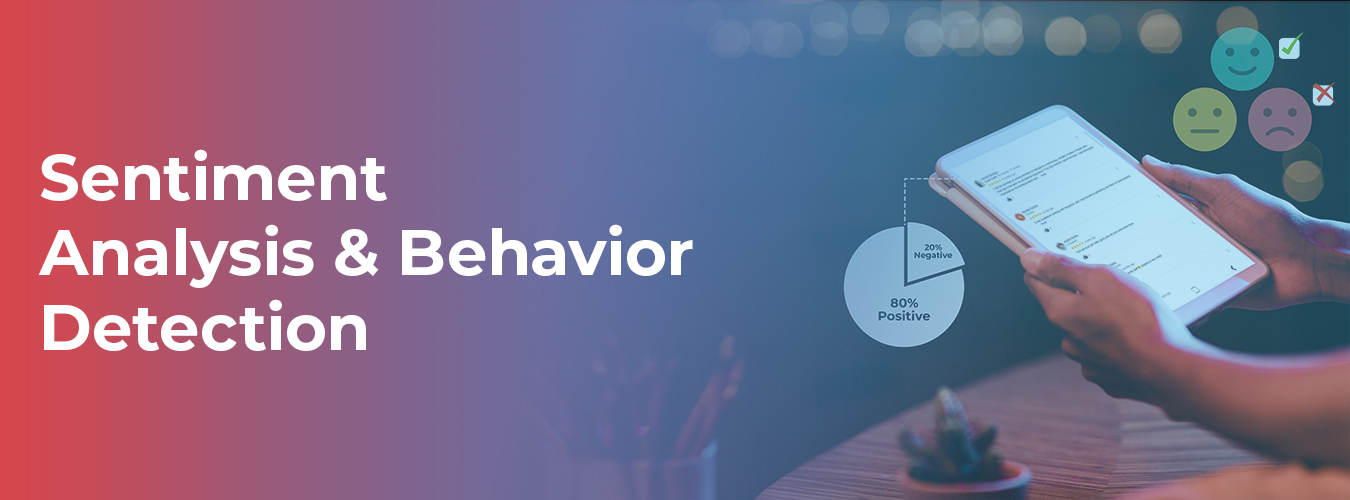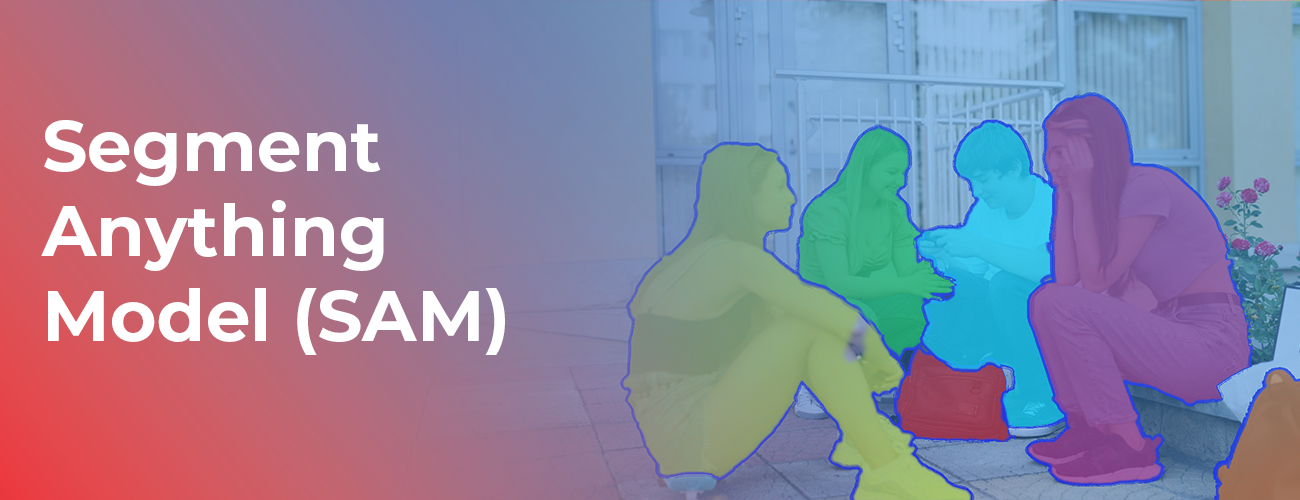It is more important than ever for artificial intelligence (AI) to acknowledge and celebrate diversity in an era where inclusion and diversity are top priorities. The complex process of AI annotation in ethnicity image collection is at the forefront of this difficulty, which bridges the gap between technical breakthroughs and the diverse range of human ethnicities. The accuracy and impartiality of annotating various ethnic datasets become increasingly vital as we go deeper into artificial intelligence and machine learning. This is necessary to build AI systems that are not only cutting-edge but also impartial and fair. The intricacy of ethnic variety presents a tremendous challenge that necessitates meticulous attention to detail and advanced approaches. Thus, this road toward inclusion has its challenges.
This article will discuss the essential criteria to consider while searching for AI annotation services related to ethnicity image collection. We’ll cover everything from how crucial it is to use Deep Learning algorithms that can distinguish between various ethnicities to how vital it is to maintain the objectivity of image annotation to maintain the efficacy of AI systems. These fundamental elements and critical factors support inclusive and unbiased AI development. We will also discuss the vital role that enhanced data labeling services play in improving computer vision systems’ accuracy and how they contribute to the fair development of AI technologies.
Key Factors to Consider in AI Annotation Services for Ethnicity Image Collection

One must consider the importance of Deep Learning algorithms in AI annotation services for Ethnicity Image Collection. When trained on meticulously annotated datasets, these algorithms can accurately identify a wide range of ethnicities.
Maintaining neutrality in image annotation, especially for ethnicity datasets, is crucial for the effectiveness of AI systems. AI-driven data labeling services employ cutting-edge machine learning methodologies to ensure the objectivity of labels. This objectivity significantly improves the dataset’s quality, enhancing AI functionality and promoting the development of unbiased AI technologies.
When choosing AI annotation services, it is essential to consider the application of advanced Machine Learning techniques. When used in the annotation of ethnicity image datasets, these techniques guarantee the fairness of labels. This fairness is critical in improving the dataset’s quality, thus optimizing AI performance and creating unbiased AI technologies.
Finally, the integration of sophisticated Machine Learning methodologies in AI annotation services for Ethnicity Image Collection should not be underestimated. When utilized in the annotation process, these methodologies ensure the unbiasedness of labels. This unbiasedness significantly elevates the dataset’s quality, enhancing AI functionality and fostering the development of impartial AI technologies.
Essential Elements in Ethnicity Image Collection for AI Annotation
Deep Learning algorithms are pivotal in AI annotation services, particularly in Ethnicity Image Collection. When trained on carefully annotated datasets, these algorithms can discern a broad spectrum of ethnicities with precision. According to several case studies, this feature has dramatically increased the inclusiveness of AI systems.
Computer vision is undergoing a radical change thanks to AI-powered data labeling services. A profusion of case studies attest that these services have significantly increased machine vision systems’ accuracy. These services have accelerated the development of more fair AI technologies by making it easier to recognize different races.
The effectiveness of AI systems depends on the impartiality of picture annotation, particularly for ethnicity datasets. AI-powered data labeling systems that use cutting-edge Machine Learning algorithms ensure the neutrality of labels. This neutrality greatly improves the quality of the dataset, also promoting the development of impartial AI technologies and increasing AI functionality.
Crucial Aspects of AI Annotation in Ethnicity Image Datasets
Deep Learning methodologies are integral to AI annotation processes, specifically within the scope of Ethnicity Image Datasets. Training these sophisticated algorithms on meticulously annotated datasets enables them to identify various ethnicities accurately. This proficiency has notably expanded the inclusivity of AI applications, as demonstrated in numerous case studies.
Maintaining neutrality in image annotation, particularly for ethnicity datasets, is crucial for the performance of AI systems. AI-driven data labeling services employ cutting-edge machine learning strategies to ensure the impartiality of labels. This impartiality significantly improves the dataset’s quality, thus augmenting AI functionality and promoting the evolution of unbiased AI technologies.
Significant Considerations in Ethnicity Image Collection for AI Annotation
The intrinsic complexity of ethnic variation presents one of the main obstacles to ethnicity image collection for AI annotation. Even though deep learning algorithms are quite strong, they need large and varied datasets to properly identify and classify a wide range of races. Therefore, the quality of these datasets is an essential component of the effective use of AI technology.
Advanced data labeling services are becoming increasingly necessary as the market for more inclusive AI solutions expands. These machine learning-powered services are essential for improving computer vision systems’ accuracy. Their capacity to recognize and classify different ethnicities accurately makes a substantial contribution to creating well-balanced AI systems.
A significant factor influencing the effectiveness of AI systems is impartiality in picture annotation, particularly regarding datasets about race. AI-powered data labeling services attempt to preserve this neutrality by applying advanced Machine Learning algorithms. This dedication to impartial labeling advances the development of fair AI systems while enhancing the dataset’s quality.
Primary Concerns in AI Annotation Services for Ethnicity Image Collection

It is challenging to handle the complexities of ethnic variety in AI Annotation for Ethnicity Image Collection. The diversity and richness of the datasets on which Deep Learning algorithms are trained determine their effectiveness. As a result, the quality of these datasets is a critical factor in the effective use of AI technology.
The increasing need for inclusive AI solutions is driving the development of advanced data labeling services. These machine learning-based services play a crucial role in improving the precision of computer vision systems. Their ability to recognize and classify a diverse array of races plays a vital role in the development of impartial artificial intelligence systems.
Ensuring objectivity in image annotation, mainly when dealing with ethnicity datasets, is a critical factor influencing AI system performance. Data labeling services powered by AI, employing advanced Machine Learning methodologies, are committed to preserving this impartiality. This dedication to unbiased labeling elevates the dataset quality and propels the progress of fair AI technologies.
Unique Macgence Benefits in AI-Assisted Data Labeling Services
For those seeking to enhance Ethnicity Image Annotation through AI-Assisted Data Labeling, Macgence data collection, and annotation services offer a compelling solution. With a robust AI training program, Macgence provides language-independent data annotation, catering to localized and globalized insights. Their advanced technology simplifies handling AI training data, making it an ideal choice for businesses, startups, and enterprise-level organizations. Trusted by global giants and with over five years of experience, Macgence can design a custom data collection program to meet diverse use cases.
Conclusion:
A new era in Artificial Intelligence (AI) Assisted Data Labeling, namely in the area of Ethnicity Image Collection, has been ushered in by Deep Learning research. This technology can completely change how we see and comprehend visual data. AI Data Annotation plays a crucial part in Ethnicity Image Collection by helping to identify and classify a variety of ethnic traits accurately. The creation of more inclusive AI applications and systems depends on this approach. The significance of AI-assisted input Labeling is further highlighted by ongoing research in AI Training for Multi-Modal Learning Language Models (LLMs) since it improves the system’s comprehension and processing of complicated visual input.
FAQs
Ans: – AI annotation is essential to ensure that AI systems appropriately identify and categorize a diverse variety of ethnicities and advance inclusivity and equity in AI technology.
Ans: – Deep learning methods allow AI systems to accurately identify and categorize a wide range of ethnicities when taught on various carefully annotated datasets.
Ans: – Because neutrality raises the caliber of datasets utilized in AI systems, it guarantees the objectivity of labels—a necessary condition for developing impartial AI technology.




